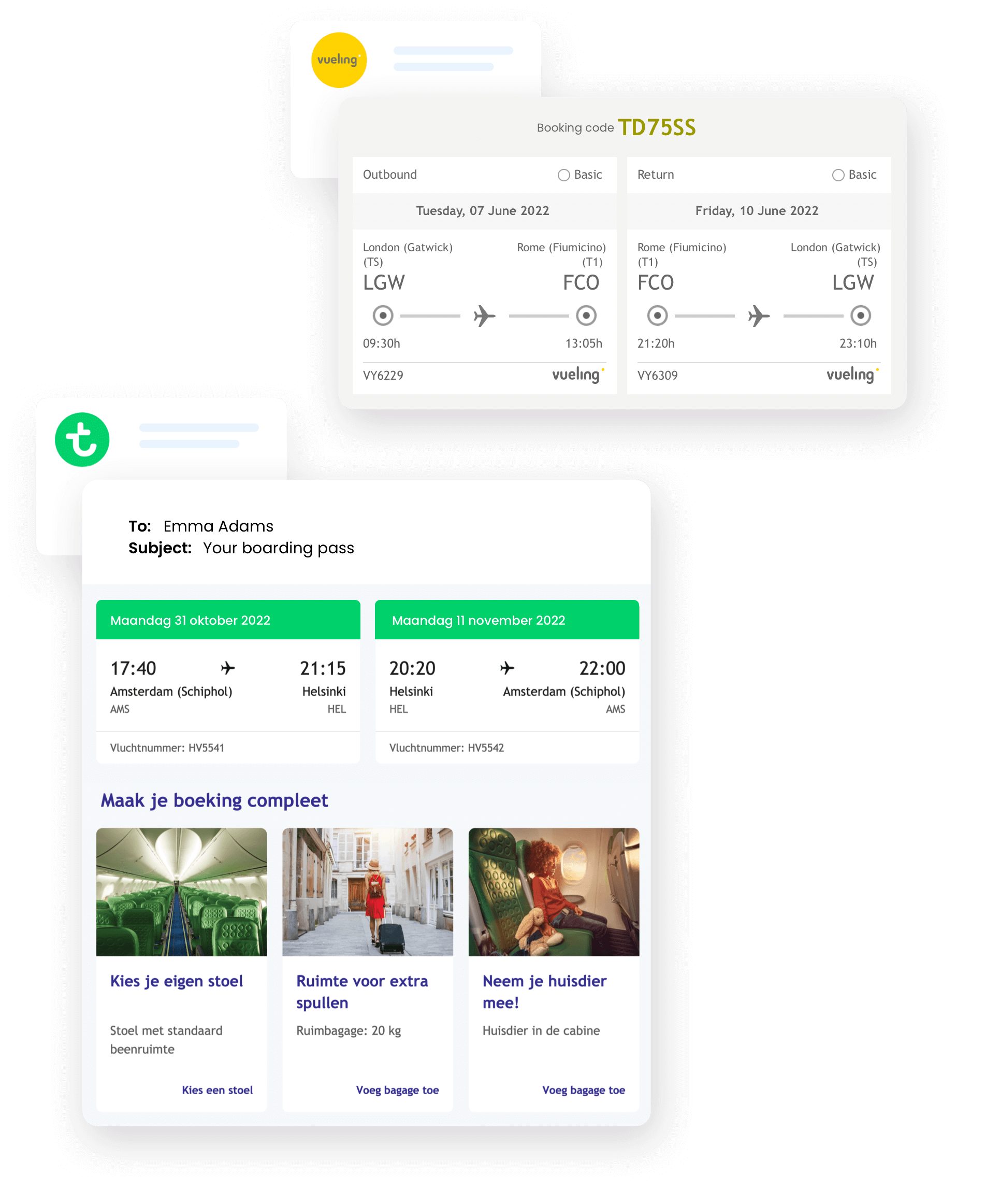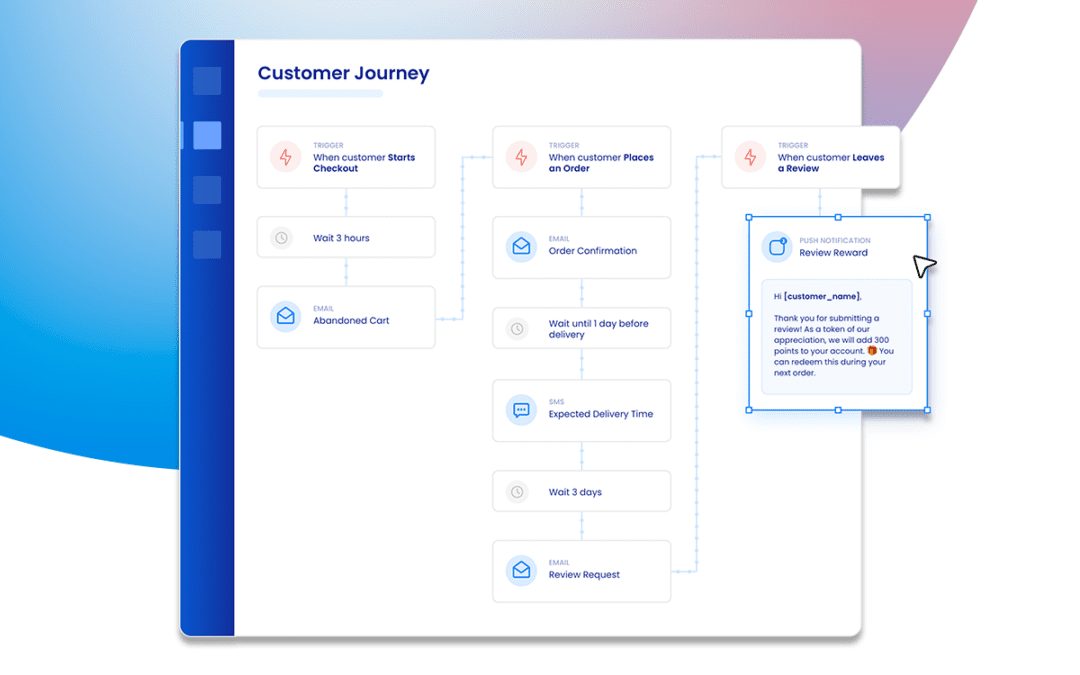First-class connections
Intuitive and powerful, Deployteq allows you to easily engage with your customers based on their behavior and interactions.
Simple drag-and-drop functionality, instantaneous segmentation, and the ability to integrate with any secure data source, build fully connected customer experiences across any channel on this single customer view marketing automation platform.

Virgin Media gained a 2.5x ROI with one single campaign
Across multiple channels based on users preferences, Virgin Media send millions of hyper-personalised messages through Deployteq. Want to know more?


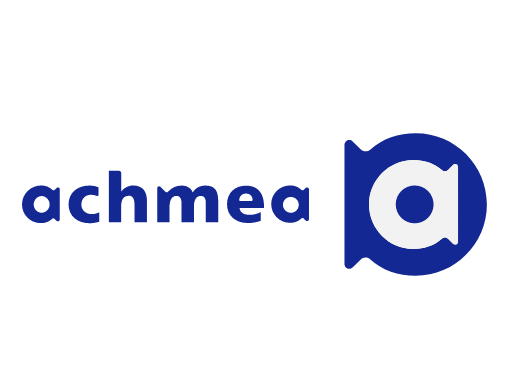


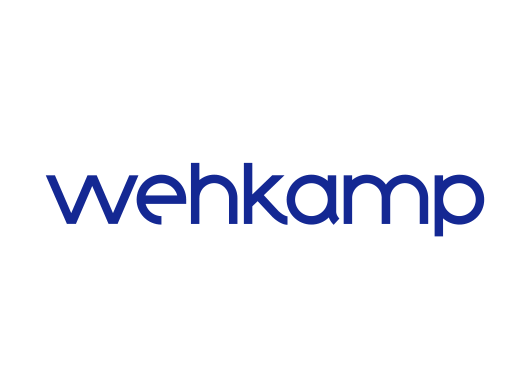

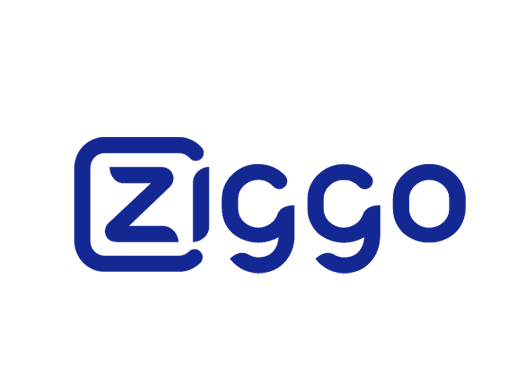
Deployteq services
Let Deployteq’s award-winning team give your marketing a boost. Our award-winning team of performance marketers work across data, strategy, and design to optimise your campaigns. We can deliver everything in-house, work as an extension of your team and work with your partner agencies. We are here to support you 24/7.
Build dynamic segmentations
Create tailored audiences in minutes for the ultimate personalised campaigns using our intuitive and dynamic profile builder.
2.5x
increase in ROI
3.6 billion
messages every year
99.8%
deliverability rate
4700
daily users
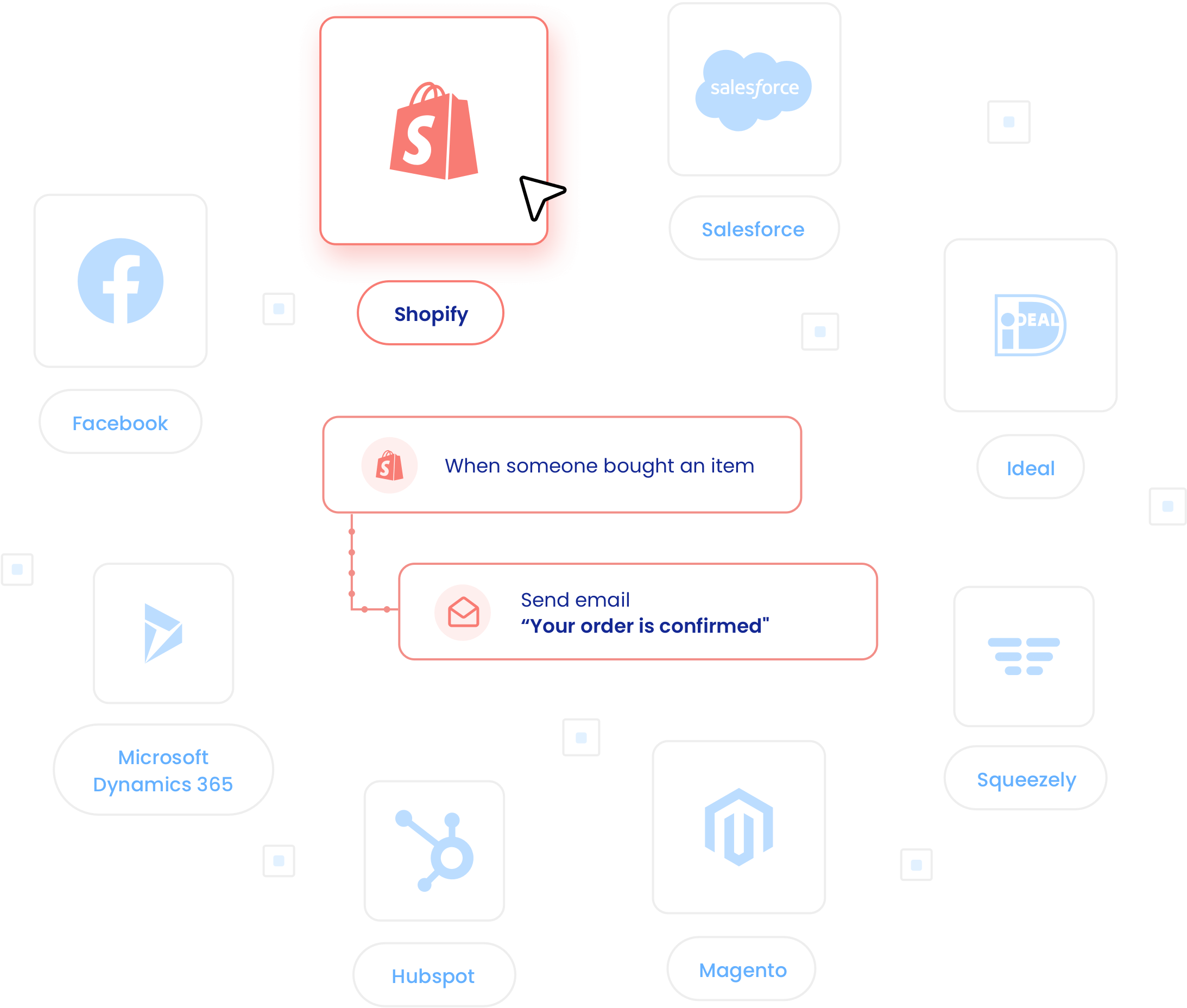
1. Connect your
tech anywhere
Utilise your integrations and streamline your connections through one platform, saving on additional investments.
2. Enhance engagement
With automated
campaigns
While you’re focusing on marketing transformation, ensure your customers are getting the right message at the right time with automated campaigns.

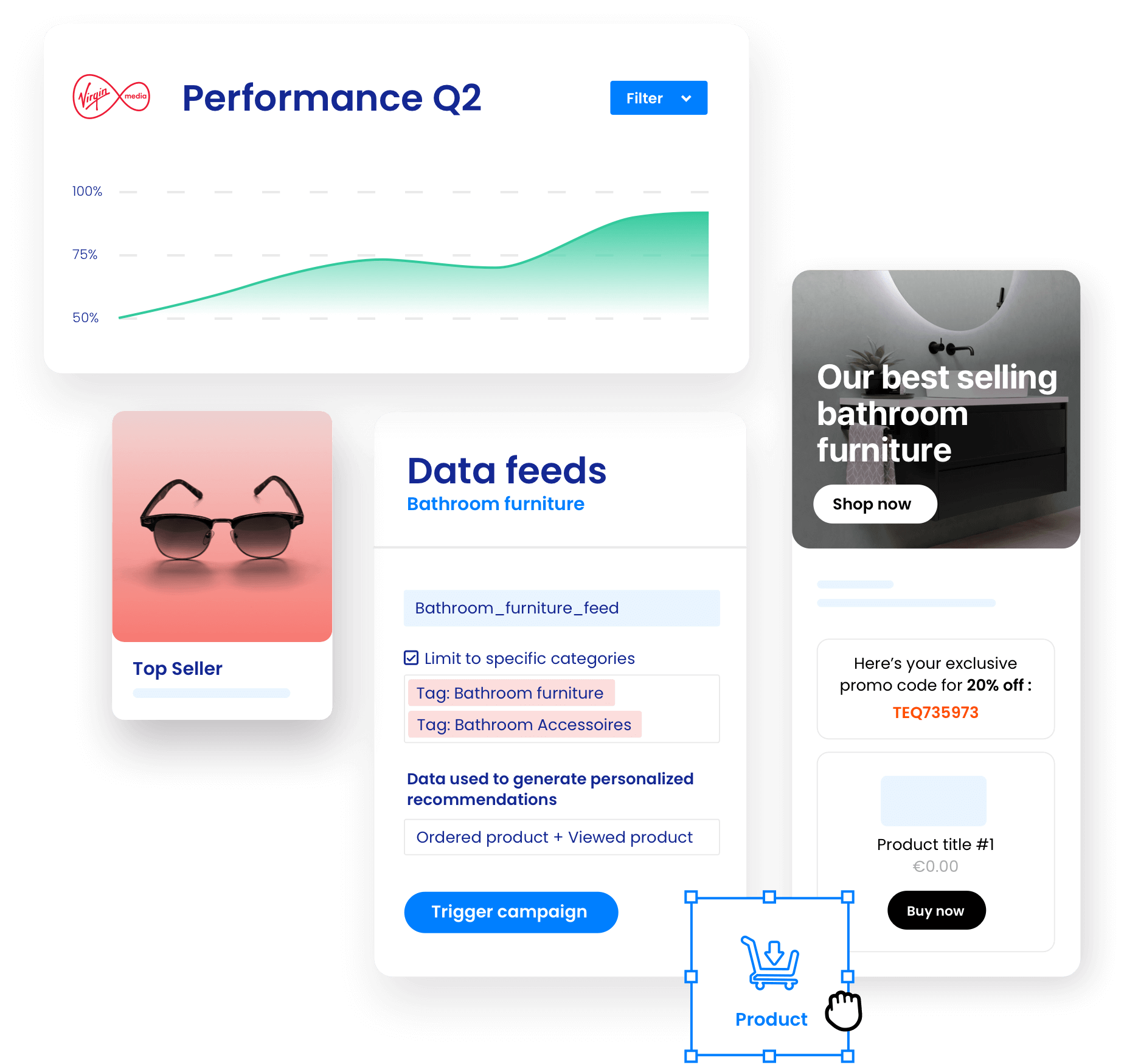
3. Improve
and perform
Custom dashboards and deep insights mean your campaigns will grow and improve with your business.

Try it today
Deployteq combines deep data with
ultimate flexibility, meaning you send
the right message, to the right channel,
at exactly the right time – every time.
Want to know why
these brands love us?
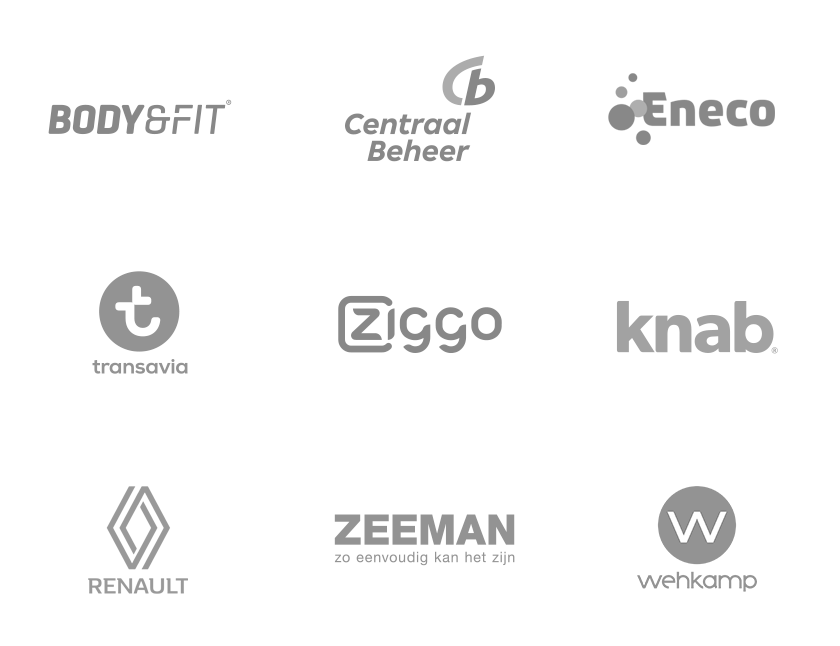
Other Inspired Thinking Group solutions
Storyteq
Want Gartner award-winning
creative marketing technology?
Configteq
Want an award-winning
online experience?
Storyteq
Want Gartner award-winning
creative marketing technology?
Configteq
Want an award-winning
online experience?
